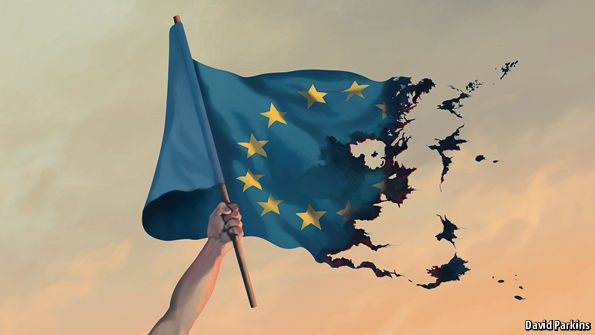We now approach the end of our symposium on Joanne Yao’s The Ideal River.
This last commentary is from Dr Ida Roland Birkvad. Ida is a Fellow in Political Theory in the Department of International Relations at London School of Economics and Political Science (LSE). Her research engages with questions related to international political theory, histories of imperialism, and non-Western agency in International Relations.
She previously wrote for us on Judith Butler in Norway.
Two years after laying the foundation stone for the Sardar Sarovar Dam in 1961, India’s first Prime Minister Jawaharlal Nehru proclaimed that hydroelectric dams were the ‘new temples of India, where I worship’ (Yao 2022, 205). Charting the length of the country’s postcolonial history, this infrastructural project of unprecedented scale and ambition was originally conceived of by Nehru’s deputy, Sardar Vallabhbhai Patel, in the years immediately following independence. In 2017, more than seventy years later, the network of dams horizontally spanning over half of India’s interior landscape, following the Narmada River from the state of Madhya Pradesh to the coast of Gujarat, was finally completed.
The romantic flourishes of Nehru’s characterisation, tying rivers and their taming to the spiritual realm, constitutes my starting point for this book symposium. In the following, I place Joanne Yao’s luminous charting of the emergence of environmental politics through the erection of 19th century river commissions into conversation with Dalit and anti-caste critiques of the collusion between Romantic thought, elite politics, and Brahmanical supremacy in the context of the Sardar Sarovar Dam development. Indeed, while Yao’s The Ideal River might seemingly focus rather exclusively on the role of Enlightenment rationality in the taming of the river, I argue that her book allows us to glean the dynamic relationship, at times mutually constitutive and at times in mutual contestation, between Enlightenment thought and the role of the other intellectual movement of modern history, namely Romanticism, in environmentalist thought.
Displacing an astounding 245 villages and submerging 37,555 hectares of land, the Sardar Sarovar Dam has caused immense debate and uproar, intensifying especially from the late 1980s onwards when its erection began on a mass scale (Rao 2022). However, the grandiose nature of the size and scope of the dam was from the outset rivalled only by the resistance movement forming to stop it. Taking shape in the late 1980s, the Narmada Bachao Andolan (NBA) consisted of a broad coalition of adivasis (India’s indigenous population), farmers, environmentalists, and human rights activists. Organising to both resist the expansion of the dam, as well as to mitigate the consequences for the people whose lives were disturbed and uprooted by it, the NBA constituted one of the largest political resistance movements of its time. Its tactics included rallies, marches, hunger strikes, and perhaps most spectacularly the action of jal samarpan, in which activists stood neck-deep in the river, demonstrating their willingness to drown rather than to leave their lands (ibid.).
Continue reading






 This is the third in a series of posts on Lee Jones’
This is the third in a series of posts on Lee Jones’ 